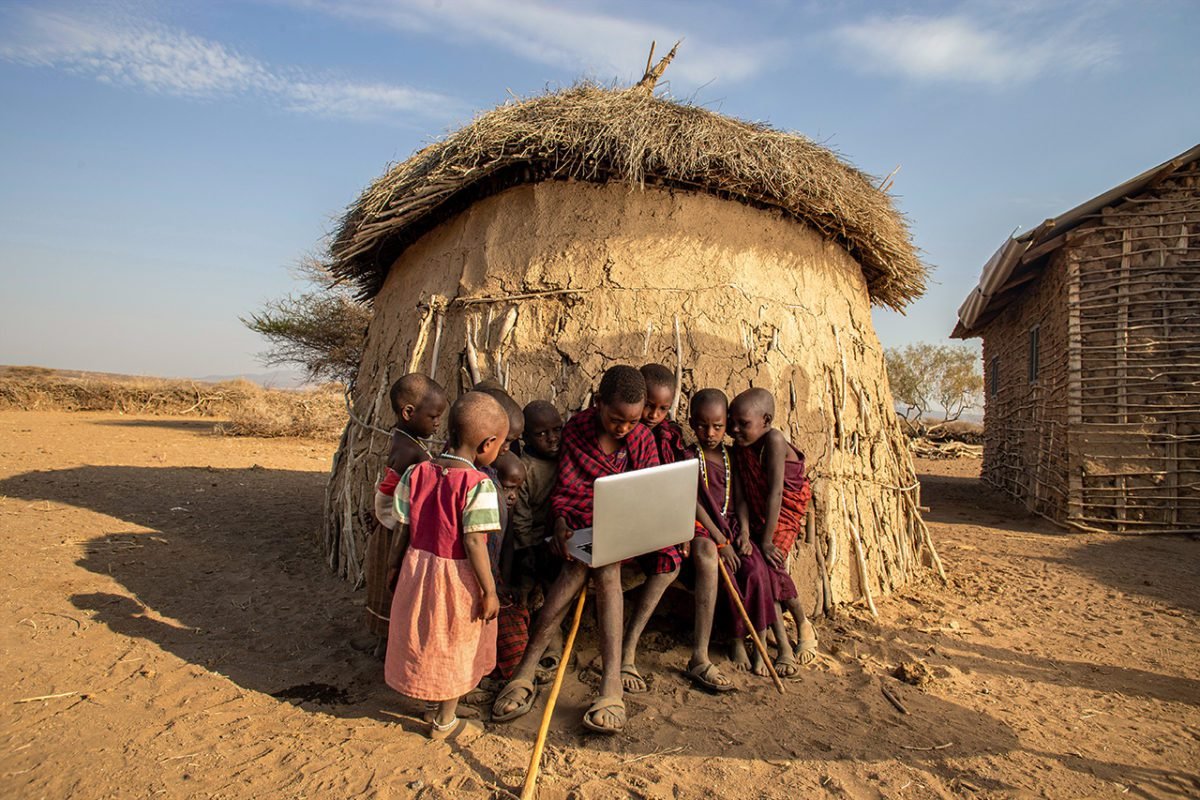Africa is a continent brimming with potential. From fertile lands and abundant resources to a young and vibrant population, the ingredients for success are there. Yet, many African nations find themselves grappling with debt burdens that hinder progress. So, how can they break free from this cycle and achieve self-sufficiency?
This is a complex issue with no one-size-fits-all solution. However, several key strategies can pave the way for a more prosperous future.
1. Unleashing Entrepreneurial Spirit:
Africa boasts a booming youth population with a hunger for innovation. By fostering an environment that supports entrepreneurship, governments can unlock a wellspring of creativity and economic dynamism. This means:
- Streamlining business registration processes to make it easier to start and run a business.
- Investing in education and training programs that equip young people with the skills they need to succeed in the modern economy.
- Providing access to capital through microloans, venture capital funds, and other financial instruments.
2. Investing in Strategic Infrastructure:

A strong foundation is essential for any thriving economy. African nations need to invest in critical infrastructure projects like:
- Transportation networks: Improved roads, railways, and ports will facilitate the movement of goods and people, boosting trade and investment.
- Energy generation: Reliable and affordable electricity is the lifeblood of modern industry. A diversified energy mix that includes renewables can reduce dependence on expensive fossil fuels.
- Information and communication technology (ICT): Broadband internet access will connect businesses to global markets and empower citizens with education and information.
3. Diversifying Economies:
Overreliance on a single commodity or industry leaves economies vulnerable to external shocks. African countries should strive to:
- Develop their agricultural sectors by investing in irrigation, storage facilities, and processing plants. This can not only improve food security but also create export opportunities.
- Promote industrialization by creating incentives for manufacturing and value-added production. This can help create jobs and reduce dependence on imported goods.
- Embrace the digital economy by fostering innovation in sectors like fintech, e-commerce, and creative industries.
4. Debt Management and Transparency:
Responsible debt management is crucial. Here’s what governments can do:
- Negotiate debt relief with creditors, seeking fairer terms and forgiveness for unsustainable burdens.
- Increase transparency around government spending and borrowing. Citizens empowered with information can hold leaders accountable.
- Invest in domestic revenue generation by strengthening tax collection systems and tackling corruption.
5. Building Regional Cooperation:
African nations are stronger together. By working collaboratively, they can:
- Negotiate better trade deals with international partners.
- Pool resources for infrastructure development and joint ventures.
- Share knowledge and best practices in areas like economic development and governance.
The Road Ahead
The path to self-sufficiency is not without challenges. Political instability, corruption, and climate change all pose significant threats. However, by focusing on these key strategies, African countries can build a brighter future for their citizens. It requires a collective effort from governments, businesses, and civil society, but the rewards of a more prosperous and self-reliant Africa are well worth the fight.






